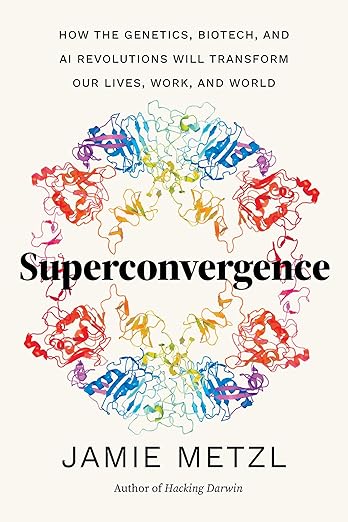It’s a huge deal that UK regulators today granted their first-ever approval for a gene therapy created using CRISPR. Casgevy, developed by the companies Vertex and CRISPR Therapeutics, treats the blood disorders sickle cell disease and beta-thalassemia. America’s FDA will make its decision on this treatment next month.
These are in vitro gene therapies, in which stem cells extracted from an individual patient’s bone marrow are CRISPR-edited in a lab to revive their ability to produce fetal hemoglobin, which adults normally no longer produce. After the edited cells are infused back into the patient, the correctly functioning fetal hemoglobin replaces much of the malfunctioning adult hemoglobin. Other approaches in the works – but not yet fully approved – are in vivo gene therapies where target cells are edited inside the bodies of patients.
The success of Casgevy in clinical trials has been impressive. Because there are thousands of gene therapy clinical trials underway across the globe, there can be little doubt that treatments like these will become more central to our healthcare in the years to come. They will not be a panacea. Some approaches will work and others will not. Scaling these treatments at affordable cost will be an issue. But, all-in-all, this is an important step in the direction of precision healthcare where individual patients can be healed with treatments tailored to their individual biologies.
I write about the future of precision and predictive healthcare in my forthcoming book, Superconvergence: How the Genetics, Biotech, and AI Revolutions Wil Transform Our Lives, Work, and World.
In the book, I describe how the tools transforming healthcare are empowering our species to recast all of life on earth, with implications not just for healthcare but also for agriculture, energy, manufacturing, computing, and much, much more. This will be a transformation as profound as the industrial and information revolutions and other step changes in our collective history.
These Promethean superpowers will provide us almost unlimited capacities to build a safer future for all if we use them responsibly. These same capabilities, if we are not careful, have the potential to do great harm. That’s why conversations about best uses of these technologies must always go hand-in-hand with conversations about values and why meaningful regulation is so essential. In the book, I lay out a common sense approach for how we can do this.



